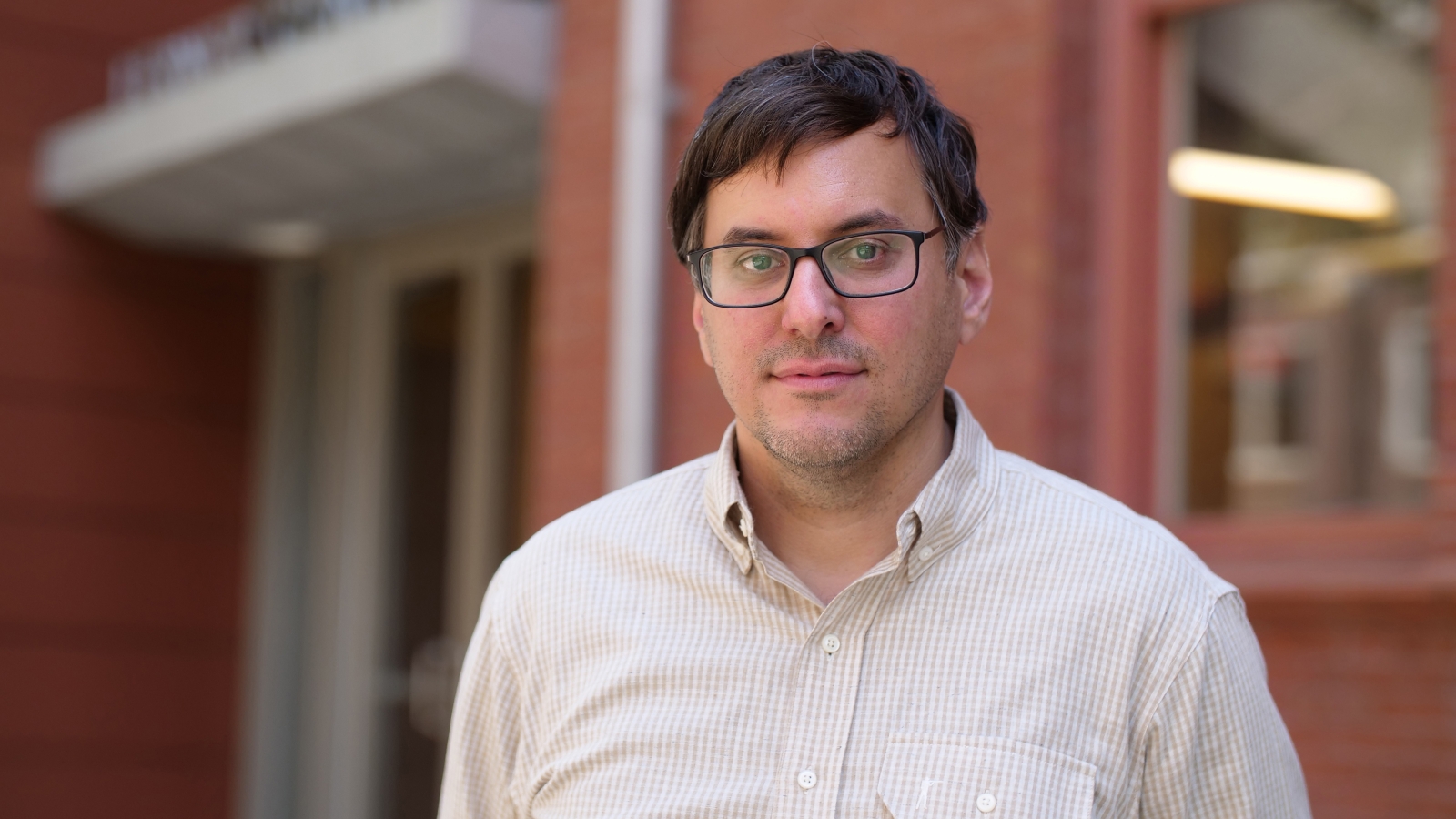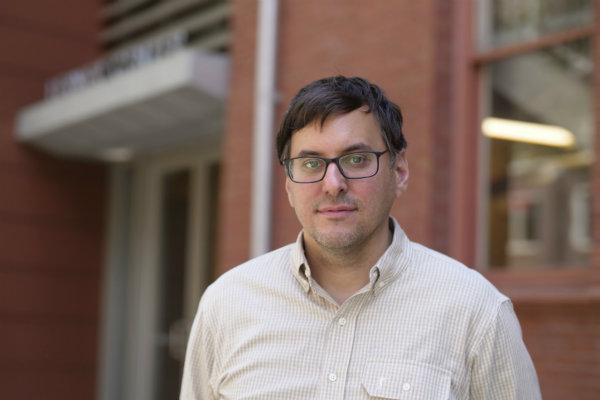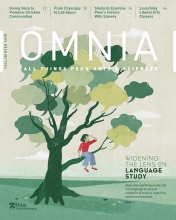What if our standard ways of describing traditional musics exacerbate perceptions of ethnic difference and thus help drive ethnic conflicts?
That is the question Jim Sykes explores in The Musical Gift: Sonic Generosity in Post-War Sri Lanka. The book is based on 11 years of intermittent research, including fieldwork conducted on the Indian Ocean island during and after the end of the country’s civil war, a 25-year conflict that arose out of ethnic tensions between the Sinhala majority and the Tamil minority. The war ended in 2009.
Sykes, Assistant Professor of Music, was the first musicologist to conduct fieldwork in Sri Lanka’s former warzones of the east and north as these regions opened to the outside world for the first time in decades. Originally conceived as a study of the ritual drumming of the island’s Sinhala Buddhist community in the far south of the island, his book became a study of how these regions and their geographically disparate communities have a somewhat shared music history.
Sykes, a long-time drummer who has recorded and toured with numerous indie and noise rock groups, became interested in Sri Lanka’s music as a graduate student at the University of Chicago. There, he became increasingly intrigued by the drumming of Sri Lanka’s Sinhala Buddhist ethnic majority.
“The drumming is performed in all-night rituals that are famous in anthropology but which at the time had not been studied by any musicologist in English,” says Sykes. “I was intrigued by how language-like the drumming is. It is not structured by what we call ‘time signatures’ in the West. I could tell the rhythms were memorized and repeated, but I couldn’t tell where the beat was or how to subdivide the notes. I was hooked, and my research initially involved studying drumming in these all-night Sinhala Buddhist rituals.”
During his fieldwork in Sri Lanka between 2004 and 2008, he began to recognize that numerous musical connections exist between Sinhalas and Tamils, sparking an interest in Tamil music history and Tamil musicians’ experiences during the war.
Sykes realized that the way Sri Lanka’s music history is typically described hinges on the idea that each ethnic group has its own thoroughly distinct musical cultures. This idea of an essential connection between music and ethnic identity, Sykes says, is of Western derivation and plays directly into the hands of ethnonationalism and is at odds with definitions of personhood in Buddhism. He concluded that Sri Lankan traditional musics were originally about something quite different.
“I discovered music that was given by gods to one ethnic group, who gave it to another, who now give it back to the gods in rituals. I learned that such musical gifts, construed differently in Sinhala and Tamil cultures, were offered during the war to protect soldiers and civilians on both sides,” Sykes says.
The Musical Gift also explores a newly discovered history of musical exchange between ethnic groups in the domain of popular musics, and how ethnonationalists on both sides of the conflict sought to obscure connected musical histories.
Sykes has also investigated other phenomena, including a theory on the relationship between sound and the experience of war, in the article, “Ontologies of Acoustic Endurance: Rethinking Wartime Sound and Listening,” published in the journal Sound Studies. In the end, he says, sound and music can constitute shared experience even when difference or discord is highly visible.
“My research explores how we might choose to define music history as a space of connection and respect for others rather than merely as a space for the demarcation of communal difference,” says Sykes.





